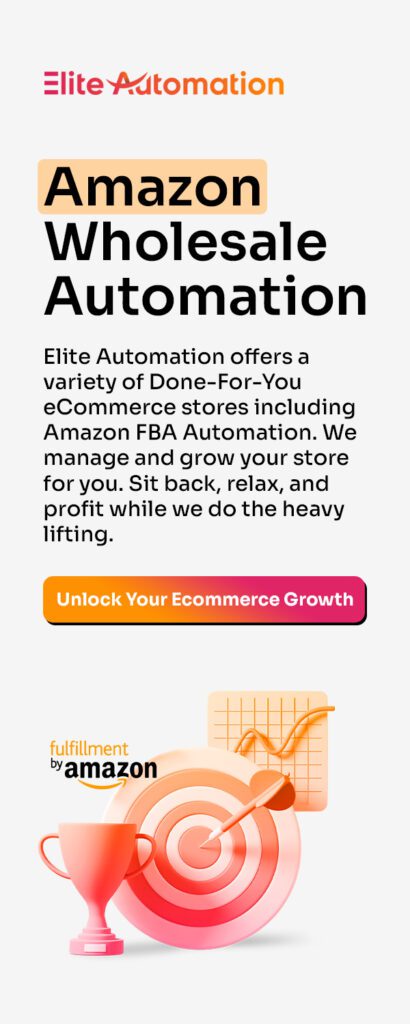The world of Amazon private label selling is dynamic and requires constant adaptation and innovation. To stay ahead in this competitive space, sellers must leverage new features and tools that can help them make more informed decisions about their private label products. This article highlights the latest features and strategies for private label sellers on Amazon, helping them to refine their approach and boost their success.
Understanding the Private Label Landscape on Amazon
Private label selling on Amazon involves creating your own brand and selling products under this brand exclusively on Amazon. This approach can be highly profitable but requires a deep understanding of market trends, consumer behavior, and effective brand building.
New Features for Enhanced Decision Making
1. Advanced Market Research Tools
Recent advancements in market research tools provide deeper insights into consumer trends, competitor analysis, and product performance. Utilizing these tools can help you identify profitable niches and underserved markets.
2. Improved Data Analytics
Leverage enhanced data analytics features for a better understanding of your sales patterns, customer demographics, and buying behavior. These insights can guide product development and marketing strategies.
3. Enhanced Brand Protection
Amazon has introduced new features for brand registry and protection, helping private label sellers safeguard their brand and intellectual property. These tools are crucial in maintaining the integrity and exclusivity of your brand.
4. Customer Feedback Mechanisms
Utilize Amazon’s improved customer feedback mechanisms to gather valuable insights directly from your target audience. This feedback can be instrumental in refining your product features and customer experience.
5. Integration with Social Media Platforms
With new integrations, sellers can now connect their Amazon private label products with various social media platforms for enhanced marketing and brand visibility. These integrations offer a direct channel to engage with potential customers and build brand loyalty.
Strategies for Private Label Success
1. Focus on Niche Markets
Identify and target niche markets where you can offer unique products that meet specific customer needs. This approach reduces competition and allows for more focused marketing efforts.
2. Quality and Differentiation
Ensure that your private label products are of high quality and offer something different from existing products. This could be in terms of features, design, or customer experience.
3. Strategic Pricing
Adopt a strategic pricing approach that balances profitability with competitiveness. Consider factors like production costs, competitor pricing, and perceived value.
4. Strong Brand Building
Invest in building a strong brand identity. This includes a compelling brand story, consistent visual elements, and a robust online presence.
5. Leveraging Amazon’s Fulfillment Services
Utilize Amazon’s fulfillment services to ensure reliable and efficient product delivery. This not only enhances customer satisfaction but also frees up resources to focus on other aspects of your business.
Analysis
Navigating the Amazon private label landscape requires a blend of strategic planning, market awareness, and leveraging the latest tools and features available. By staying informed about new developments and adapting your strategies accordingly, you can make better decisions for your private label business, leading to increased sales and a stronger brand presence on Amazon. Remember, success in private labeling comes from understanding your market, focusing on quality, and continuously evolving with consumer needs and preferences.


